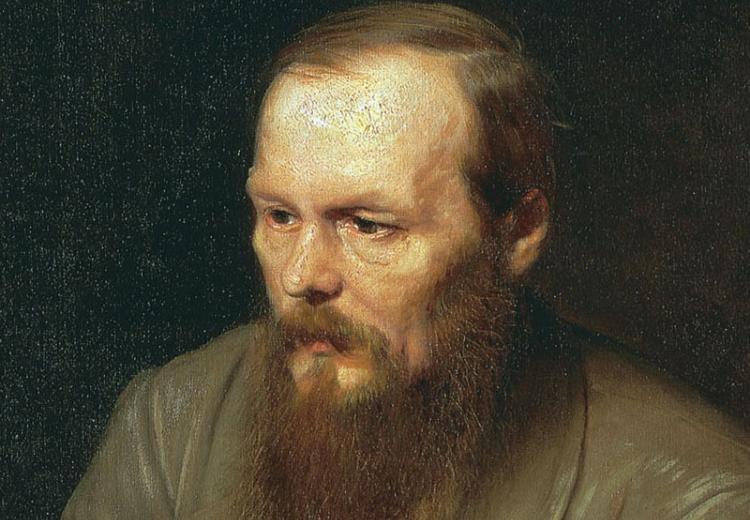
By the time he returned from hard labor and penal military service in Siberia (the subject of his Notes from the House of the Dead), he had jettisoned the ideas of his revolutionary youth and embraced the Christian values of the narod (common people, i.e., peasants). Most scholars believe that this near-death experience prompted Dostoevsky to turn to the Bible. A last-minute reprieve spared them, though it exacerbated Dostoevsky’s epilepsy. As a young man he belonged to a revolutionary organization, for which he and his comrades were sentenced to death by a firing squad. The greater good, he believed, would emerge as everyone achieves individual fulfillment.Īs you may know, Dostoevsky was a passionate nationalist, rabid anti-Semite, and fervent Orthodox Christian who believed that the Russian people had a messianic calling to spread the Gospel of Christ. In a socialist version of the utilitarianism proposed by Jeremy Bentham, Chernyshevskii had argued that every individual needed to pursue her rational and enlightened self-interest. In many respects, Notes from Underground is also a fervent rejection of nihilist values as represented in Turgenev’s Fathers and Sons and What Is to Be Done?, Nikolai Chernyshevskii’s 1863 novel that inspired a generation of Russian revolutionaries, including Lenin.

Indeed, his novel The Demons is based on the life of Sergei Nechaev, a self-professed nihilist of the 1860s who advocated political terror in the service of revolution.


We doubt we are giving away anything worthy of a spoiler alert when we state from the outset that Dostoevsky despised the nihilists. Fyodor Dostoevsky, Notes from Underground, and the Rejection of Rationalism


 0 kommentar(er)
0 kommentar(er)
